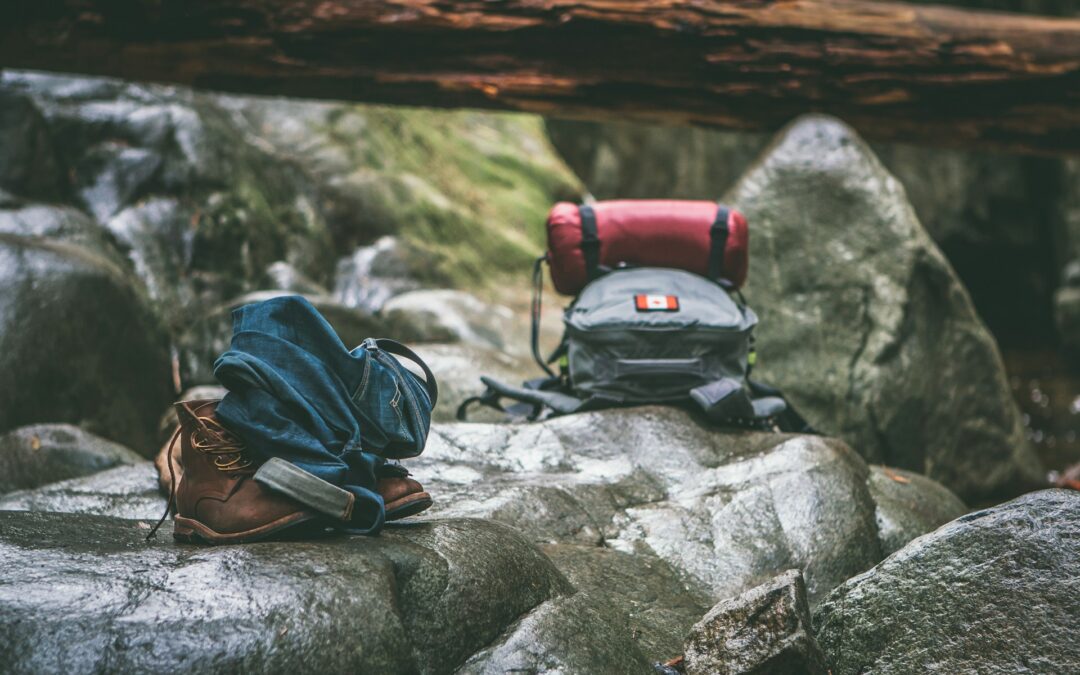Embarking on a trekking adventure can be exhilarating, but it’s crucial to be prepared with the right gear to ensure a safe and enjoyable experience. Whether you’re a seasoned hiker or a novice explorer, having the right equipment can make all the difference. Here’s a comprehensive guide to the 10 essential items every trekker should pack for a successful hike.
-
Quality Hiking Boots: Your feet are your most valuable asset on the trail, so investing in a pair of sturdy, well-fitted hiking boots is paramount. Look for boots that provide ankle support, waterproofing, and a durable sole to tackle various terrains with ease.
-
Backpack: Choose a backpack that is lightweight, comfortable, and spacious enough to carry all your essentials. Opt for a pack with padded straps and multiple compartments for organized storage of your gear.
-
Navigation Tools: While GPS devices and smartphones are handy, it’s essential to carry traditional navigation tools like a map and compass. These can be lifesavers if your electronic devices fail or lose signal in remote areas.
-
Water and Water Purification: Staying hydrated is vital during a hike, so pack an ample supply of water. Additionally, carry a water purification method such as water purification tablets or a filtration system to replenish your water from natural sources safely.
-
Nutritious Snacks: Keep your energy levels up with a selection of nutritious snacks such as trail mix, energy bars, and dried fruits. Choose lightweight, high-energy foods that won’t weigh you down but provide sustained fuel for your trek.
-
Weather-Appropriate Clothing: Dress in layers to accommodate changing weather conditions and varying temperatures. Pack moisture-wicking base layers, insulating mid-layers, and a waterproof jacket to stay warm and dry in inclement weather.
-
First Aid Kit: Accidents happen, so be prepared with a well-stocked first aid kit containing essentials like adhesive bandages, antiseptic wipes, blister treatment, pain relievers, and any personal medications.
-
Headlamp or Flashlight: A reliable light source is indispensable for navigating trails in low light or dark conditions. Pack a lightweight headlamp or flashlight with extra batteries to illuminate your way and ensure safety during nighttime hikes or emergencies.
-
Multi-Tool or Knife: A versatile multi-tool or knife can come in handy for various tasks such as cutting rope, preparing food, repairing gear, or making emergency repairs on the trail.
-
Emergency Shelter: In case of unexpected emergencies or overnight stays, pack a lightweight emergency shelter such as a tent, bivy sack, or space blanket to provide protection from the elements and maintain body heat.
Before embarking on your hike, remember to thoroughly research your route, check weather forecasts, and inform someone of your plans. Additionally, practice Leave No Trace principles to minimize your environmental impact and preserve the beauty of nature for future generations.
By packing these essential items and being prepared for the unexpected, you’ll be ready to tackle any trekking adventure with confidence and enjoy a safe and memorable outdoor experience.

